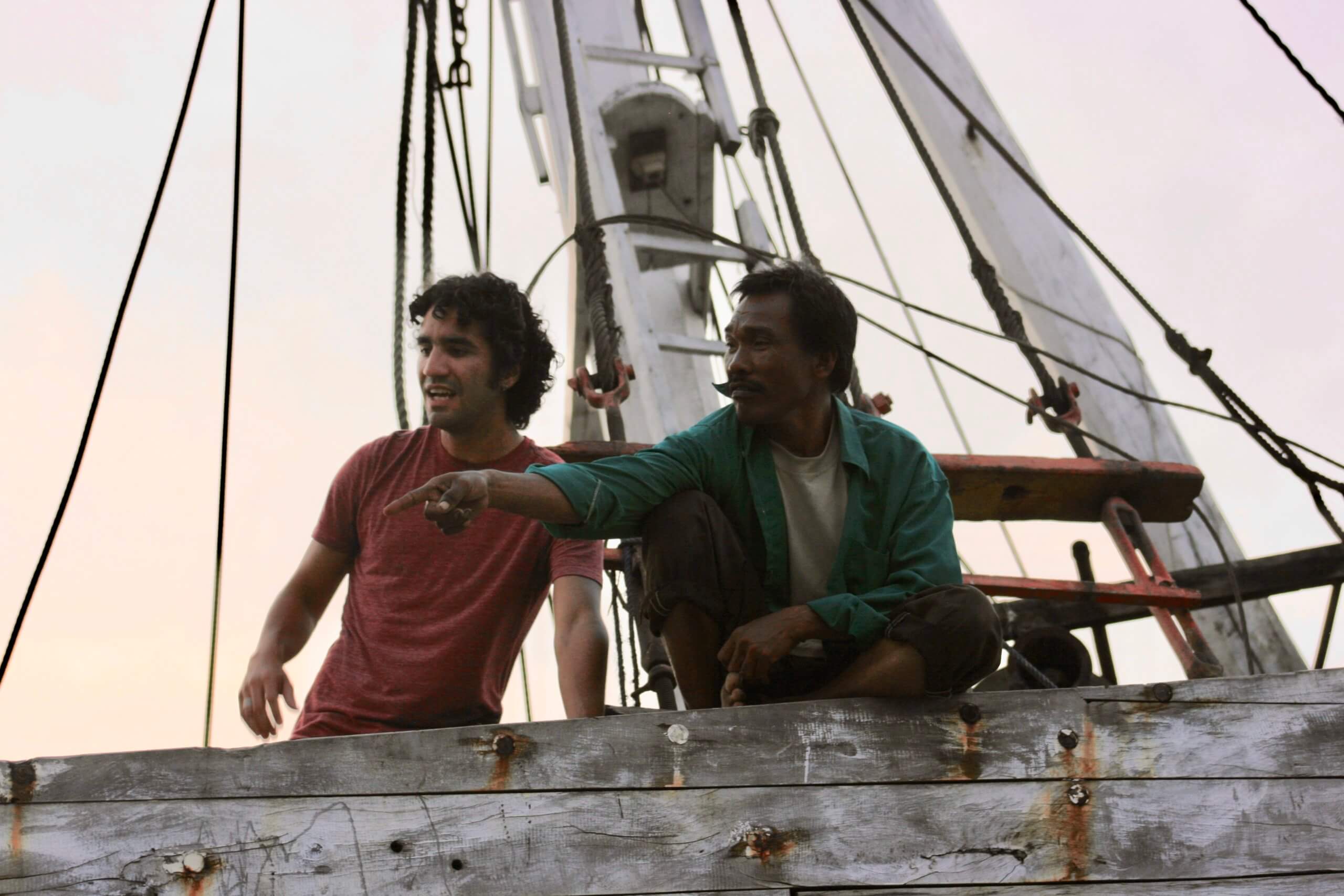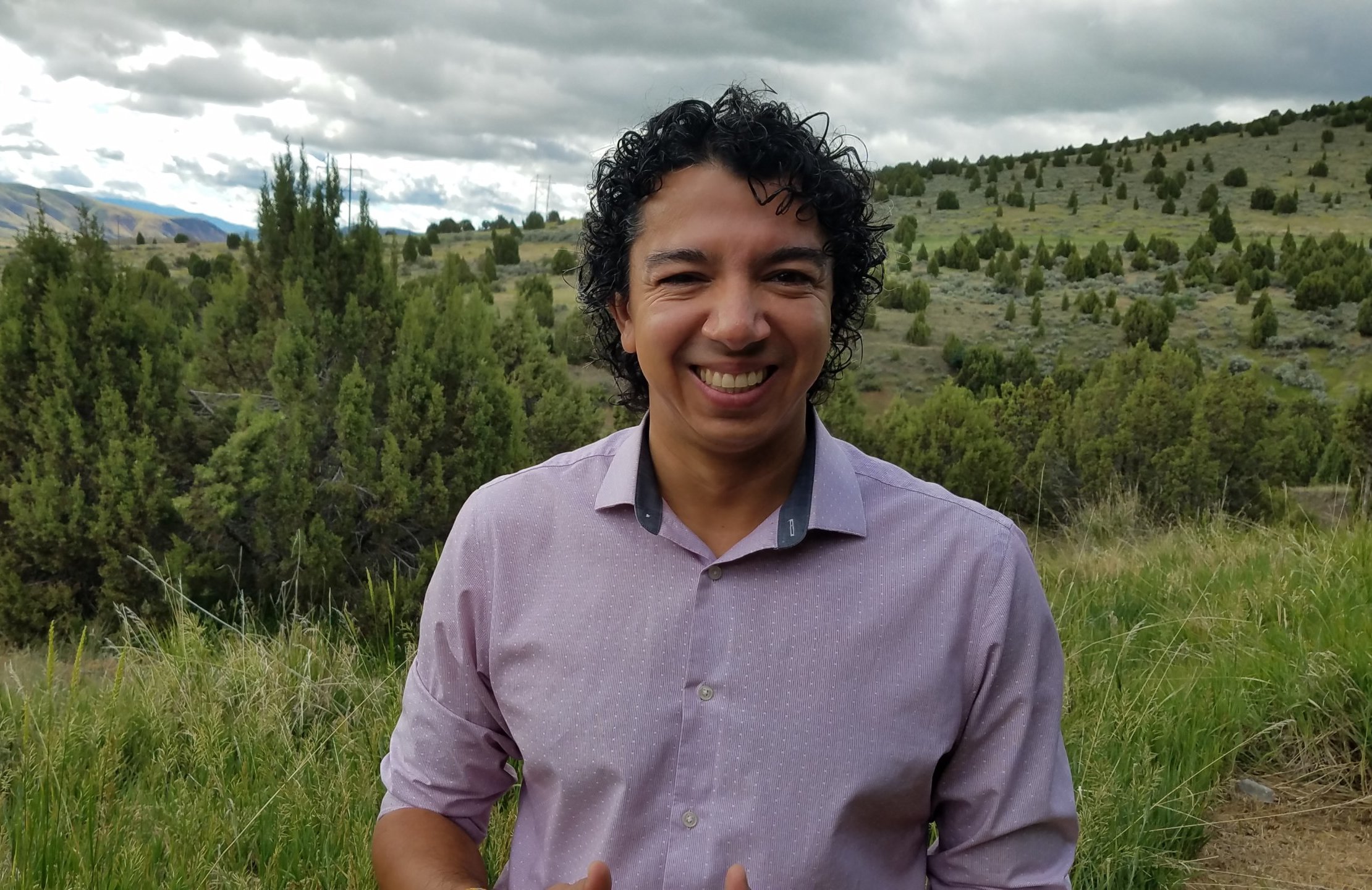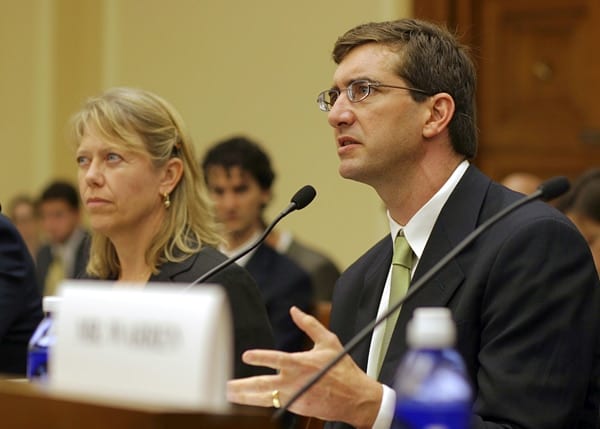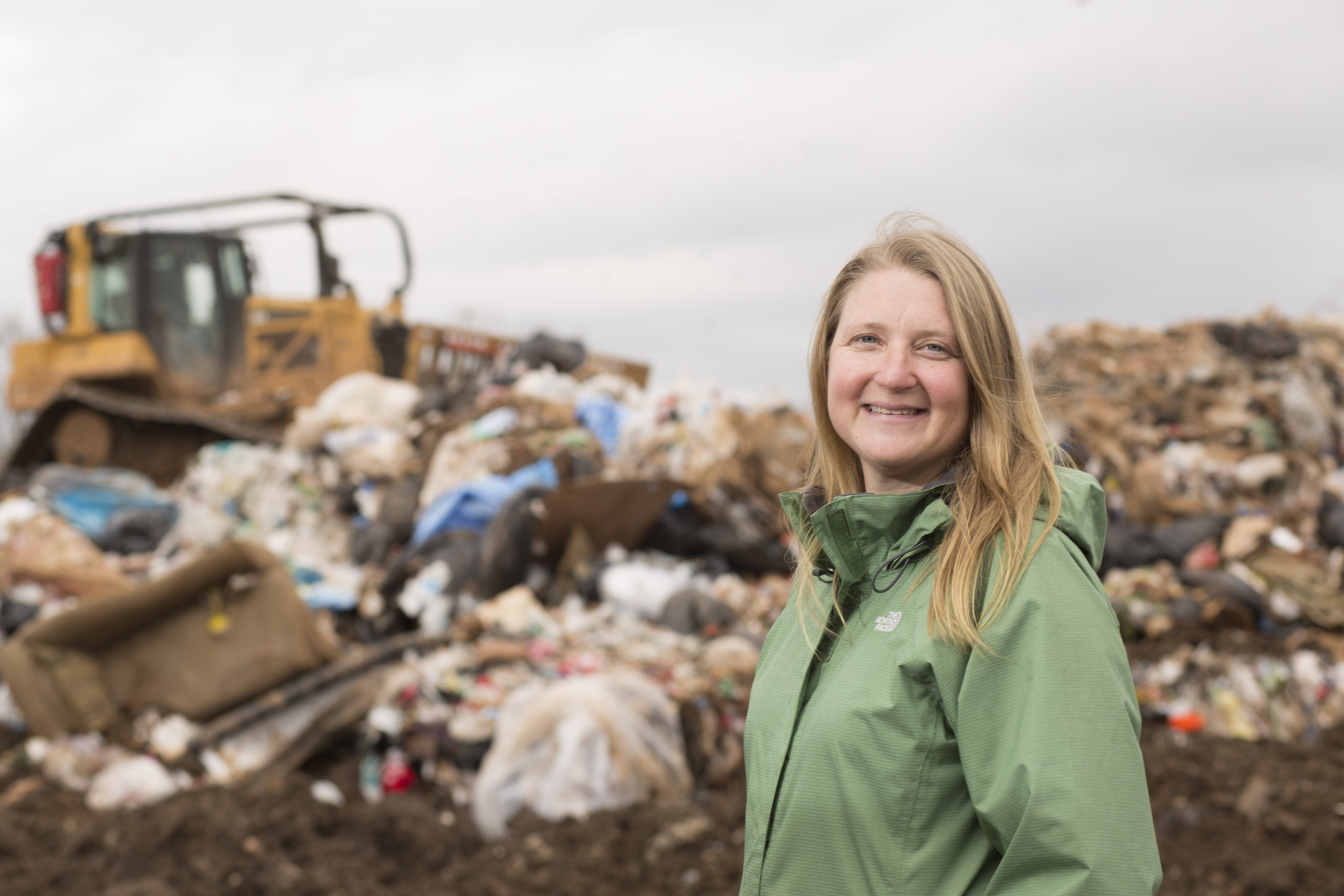Dr. Juliano Palacios Abrantes is a Postdoctoral researcher at the University of Wisconsin, Madison. His work looks at the social-ecological implications of climate change on fisheries management and marine conservation. He holds a Ph.D. from the University of British Columbia, a M.Sc. from the University of California, and a B.Sc. in Biology from the Universidad Autónoma Metropolitana. Juliano is part of the 2020 cohort of Leaders for Sea Change.
Tell me about your journey as a Latino scientist.
I was born in Rio de Janeiro, Brazil and moved to Mexico City when I was six. My mom is Brazilian and my dad is Mexican and so I spent most of my life coming and going from Brazil to Mexico. I studied Biology at the Universidad Autónoma Metropolitana, Xochimilco with a year abroad at the Universidade de São Paulo, in Brazil. My university in Mexico was very focused on including the social aspects within disciplines. That got me really interested in how conservation and management connect with communities.
After graduating from university, I received the Latin American Fisheries Fellowship which allowed me to study my Masters in California at the Bren School in UC Santa Barbara. It’s funny because within Mexico, I came from a privileged background. Both of my parents are academics and I lived in a nice house. But still, I wouldn’t have been able to study abroad if I didn’t have a scholarship because it’s too expensive. So outside of Mexico is when the privilege coin flipped for me. I wouldn’t have been able to afford it without the fellowship. And that’s just the reality for most people in Latin America.
Once I obtained my Masters, I worked in parallel with some communities in Mexico and that was exciting because I realized that I could always pull from what I was learning and apply it back home. Then, I moved to Vancouver to do a PhD where the focus was on Canada and the United States, so I spent most of my time outside of my PhD working on other things. Mostly on projects related to Latin America.
What does having an impact mean to you?
A big part of what I do is to have some type of impact in Latin America. Out of the ‘X’ amount of papers that I published during my PhD, the one I am most proud of is not even related to my PhD. It’s something that I did in Mexico, that is now a platform that the government officially adopted to use. That is how I frame my research and what I look for in future jobs. I am very transparent; I want to do applied science that has an actual impact. I think there are ways I can find an academic job outside Latin America and apply the resources there, but it might not be that easy. If you have a driving agenda, like I have, really wanting to work on projects related to Latin America, you need to find an institution that has the interest of having a more diverse portfolio of research. And I do not know if that’s a common case.
Do you think about returning to Latin America?
There is a real struggle with a talent leak or capacity leak, where many of us who are from Latin countries are trained in northern countries but then don’t come back. And so all the knowledge and tools that we gain, we don’t apply them to where we are from. For me personally, I started growing a sense of responsibility during my masters, almost guilt, because as a Latin American Fisheries Fellow you’re not obligated to return because they can’t force you, but you’re expected to return, work there, and share what you’ve learned.
Going back is definitely an option. But then I think, how do I have more of an impact? Should I stay in the US, or Europe or Canada where I can have more resources that I can then apply to research based on Latin America? But where I am also more disconnected with the reality of day-to-day life? Or do I go back to an institution in Latin America where I will have more contact with local communities to support my research and connections with students that I can influence and make a difference that way? That is a real struggle.
Why is it a priority of yours to have an impact in Latin America?
I’ve never thought about this question before, I think It’s a combination of factors. My parents surely have a big influence. Both my parents are social scientists, and specifically my mom worked with public health her whole life. Therefore my early education has always been in alternative liberal schools, like Montessori schools. There has always been this very strong component of equity and the acknowledgement that a large degree of society is stuck in a system that isn’t fair and they need support. My undergrad had a lot to do with it as well because fundamentally they taught that your research should always return something to the community. You don’t just go out in the woods, collect some data, and thank the community for hosting you. No, you go back and share what you found, at least. And after spending so many years abroad I realize there’s just an overall knowledge and capacity gap in the world, especially between the global North and South, even among experts. I just wouldn’t feel right with myself if I used all of my knowledge, time, and money helping countries that already have enough capacity. Countries like Mexico, Brazil, Peru or Chile just need more help than Europe, Canada, or the U.S.
Any last thoughts or advice?
As I move along, in my career, I find ways to continue to impact the global South. I translate most of my research to Spanish in the hopes of decreasing the language barrier and I try to publish on accessible online sources. Spending $2,000 to publish a paper in Canada is a lot of money, but $2,000 for publication in Brazil is equivalent to 3 months of a postdoc’s salary. It’s a lot of work because you have to do your own research, translate it, and make it accessible. But I think it’s worth the extra effort. If I don’t do these things, it’s going to impact me emotionally, forget about the professional aspect of it, I just cannot see myself working for a year or two soley a project that has absolutely no connection with Latin America.
Feature Photo: Juliano (left) talking with a fisher (right) during a trip to Indonesia. Juliano is always chatting with the locals when traveling. This is specially true when he visits places where fishing an important activity.



